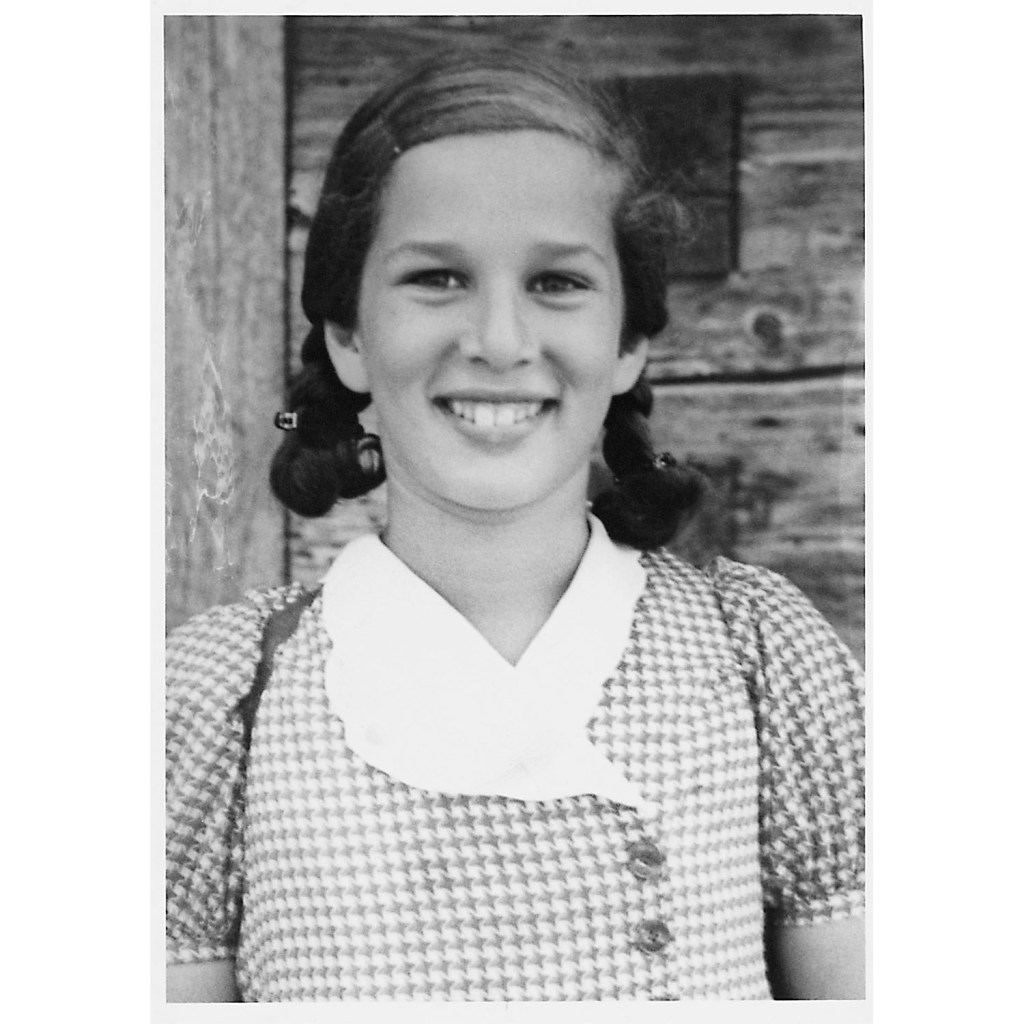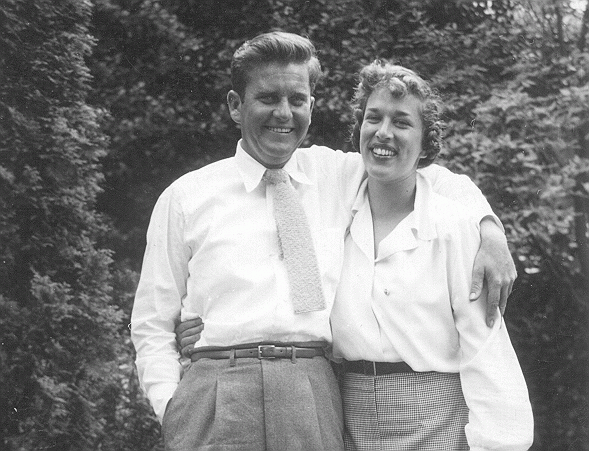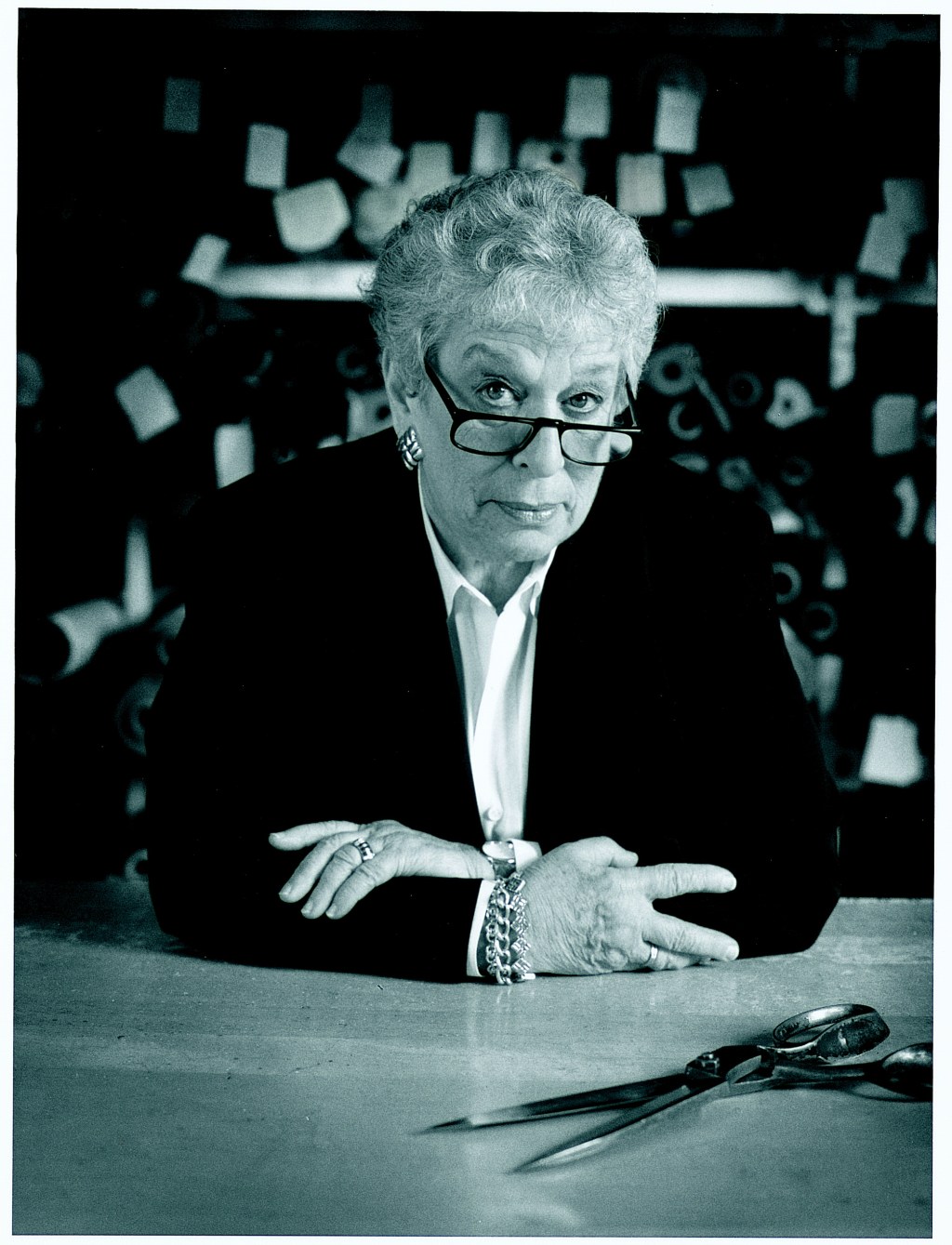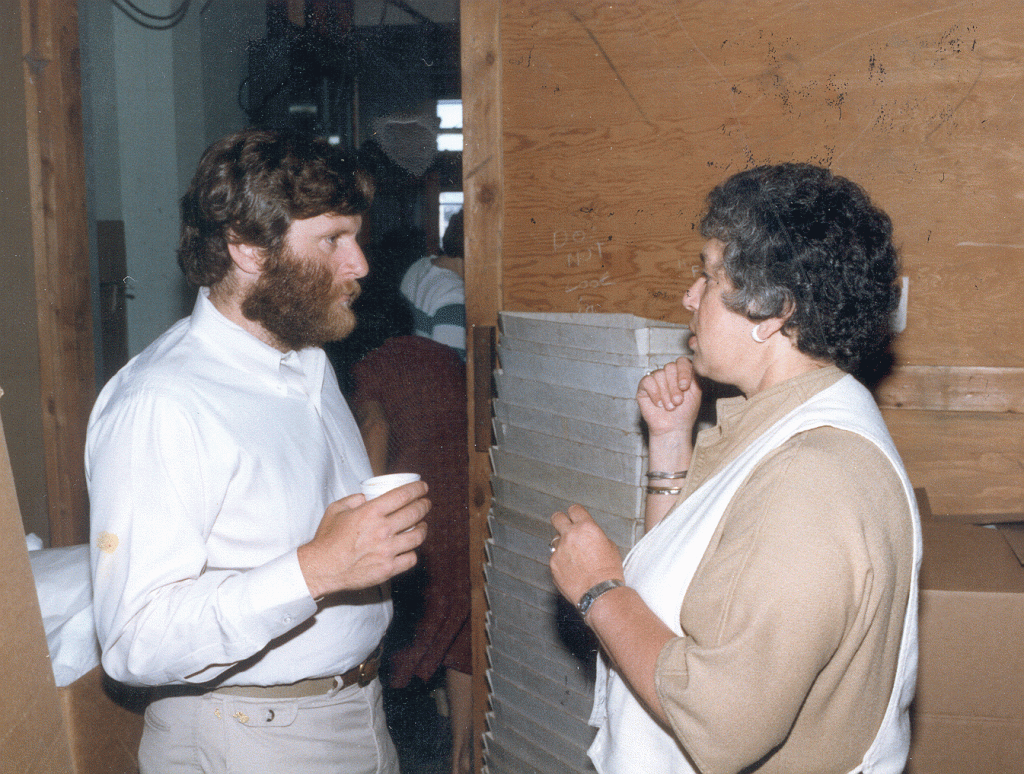In 1970, women CEOs were virtually unheard of. The outdoor and adventure sport industries were largely controlled by men. Second-wave feminism surged across the U.S., but the concept of “working mothers” was still a novelty at the dawn of the decade.
Enter Gert Boyle.
A sharp, savvy woman with a self-styled tough demeanor, she led Columbia Sportswear beginning in 1970 and blazed more than a few trails—from defying ageism and sexism to democratizing outdoor wear—during her 50-year career. Boyle, who served first as president and then as chairwoman for the outdoor brand, died November 3 at the age of 95. In her wake, she left an unmistakable impact on the recreation industry as a hard-hitting CEO at a time when the gender equity conversation consumed a mere sliver of the space it’s beginning to occupy today.
Born Gertrude Lafrom in 1924, Boyle’s Jewish family immigrated to the U.S. when she was 13 to escape Nazi-controlled Germany. Settling the family in Portland, Oregon, her father founded the hat company that would grow into Columbia Sportswear, named for the great Columbia River flowing along the edge of the city. She worked there putting hatboxes together until she left to earn her sociology degree at the University of Arizona, where she met her husband-to-be Neal Boyle at a fraternity party. After they married in 1945, her father offered Neal a job at the family company. When her father died in 1964, Neal took over as president of Columbia.

Gert Boyle (1924–2019) as a young girl. In 1937, she fled Nazi-controlled Germany, moving to the United States with her family. (Photo Courtesy: Columbia Sportswear)
Boyle filled a role as a stay-at-home mom to the couple’s three children, mostly keeping out of the business, with the exception of innovating a fishing vest for her husband in 1959 that became a cornerstone piece for the company.
Then Neal died unexpectedly of a heart attack in 1970. At 46 years old, with no business experience, Boyle stepped up and took the helm at Columbia. Over the next several years, along with her son Tim, she saved the debt-laden company and grew it into a household name—a level of success Tim attributes to his mother’s keen gut instinct paired with gritty survival sense. By 2018, Columbia’s net sales reached nearly $3 billion.
“She was able to transform a business that was struggling and in debt into one of the largest outdoor companies in the industry,” said Jen Gurecki, CEO of Coalition Snow, the ski and snowboard company she founded in response to the industry’s relegation of women to the sidelines. “She’s proof of what women in leadership positions can accomplish, and she’s a good reminder that they are capable of excellence even if they get into business ‘later in life.’ ”

Gert Boyle with her late husband, Neal. (Photo Courtesy: Columbia Sportswear)
Many questioned Boyle’s authority along the way. She told Fortune Small Business in a 2003 interview that critics, including those who were employees, informed her repeatedly that she didn’t know how to run the company because of her gender. “Being a woman certainly didn’t help, based on how business people looked at managers or employees saw their managers,” Tim said of those early years with his mother in charge. “And not only was she a woman, she was inexperienced.” But she pushed right back, usually in a matter-of-fact way, as when she famously replied to one caller who incredulously burst out upon learning she was president, “But you’re a woman!” with “You know, I noticed that when I woke up this morning.”
Boyle began challenging traditional depictions of women as she carved out a space for herself in the boardrooms of the outdoor industry. Analyses of outdoor media reveal that women are usually portrayed for sex appeal or as young moms taking kids outside. Into this status quo, in the 1980s, Boyle launched Columbia’s incredibly successful “Tough Mother” campaign, portraying herself as a robust, no-nonsense, gray-haired matriarch with exacting standards for her company’s products. She was comically tough on her son in the ads, strapping him to a car roof or encasing him in ice to test apparel. “Mom enjoyed the scripts because it meant that I got hammered, but she was always treated like a rock star,” Tim laughed fondly. “She got the best trailer and food and people taking care of her during production. And I was in a tent somewhere.”

“Tough Mother” Gert Boyle, from the Columbia advertising archives. (Photo Courtesy: Columbia Sportswear)
In all seriousness, he went on, empowering women was one of her greatest contributions. He said in an interview with KMTR, “At the end of the day, that was something that didn’t happen with any frequency, and hopefully she was a big part of making women realize how important they can be in business.” But she could be tough on Tim in that arena, too. “Mom was critical of me and the company right up until December of last year, when she did a TV interview and said I was too chauvinistic and didn’t have enough women in the company,” he said. “But her legacy is all through the company—almost all senior financial executives are women, the most senior supply chain manager is a woman, the majority of design and merchandising teams are women—women are in strong positions all throughout.”
Boyle also helped democratize outdoor gear, leading Columbia to make its products more affordable and offer them in a wide range of stores. “That was a big focus for her, that we don’t want to be exclusive, or tell people they can’t buy our stuff because we don’t want them wearing it, or they’re not ‘elite enough’ to wear it,” Tim said. “She always said that we need to make stuff that everyone can wear.”
Those who knew her maintain she was kind and compassionate in everyday life, despite her tough public persona. “She was incredibly generous and philanthropic,” Tim said. “She always said it was better to give with a warm hand than a cold one.” She donated $100 million to the Knight Cancer Challenge at the Oregon Health and Science University, for example. And she’d hoped to remain anonymous, but speculation on the donor led her to give permission to name her publicly.

Gert and Tim Boyle in the early years following Neal’s passing. (Photo Courtesy: Columbia Sportswear)
“Gert was an amazing force in the outdoor industry,” said Susan Viscon, vice president of merchandising for REI. “I clearly remember the first time I met her: Twenty-four years ago, before REI, I lived in the Southwest and was invited to go to the Albuquerque balloon festival with the Columbia team. When it was our time to descend into a field in the countryside, we could see the chase truck following our path, and then suddenly there was this 70-year-old woman jumping out of the back of the pickup and running across the field to grab our hot air balloon basket. That was my introduction to Gert.
“It was the first time but not the last that I witnessed her living a life full of energy, humor and boundless enthusiasm for helping others. One of a kind, she will be missed greatly.”
There’s one more legacy that Boyle’s son Tim hopes will live on, far beyond the outdoor industry. “Lastly, and this is especially important at a time like we’re in today in America, she represented a real immigrant story in how successful she was. We need more acceptance of people who come here under distress and are welcomed, like she was.”
